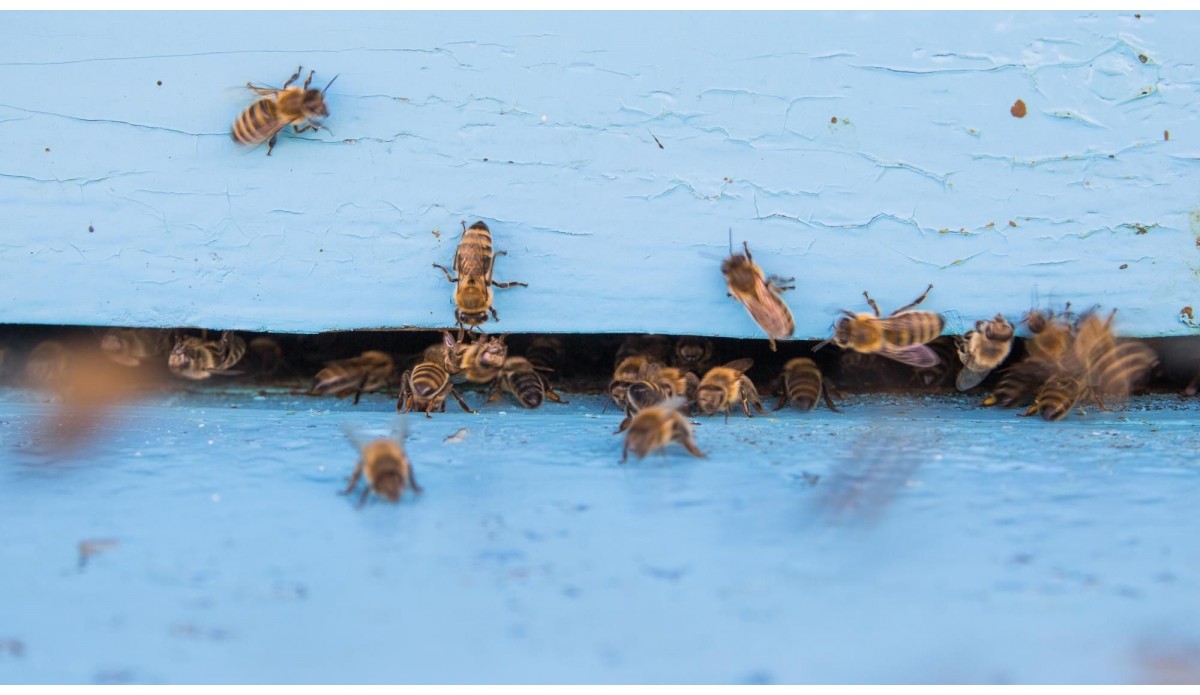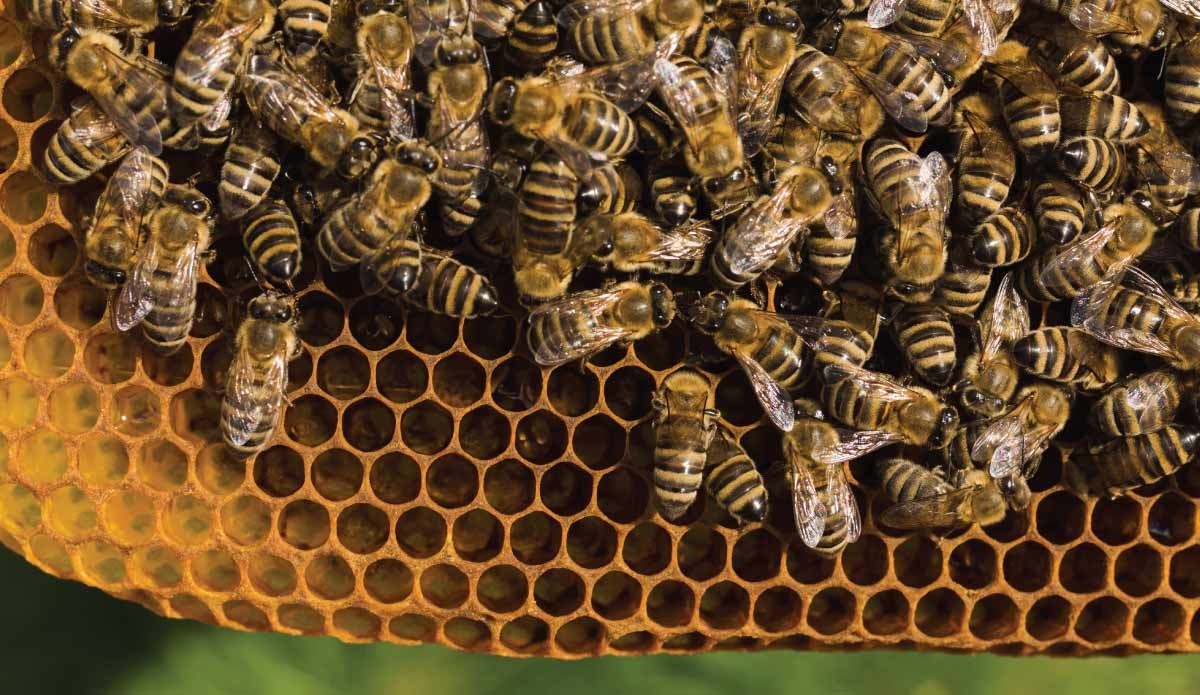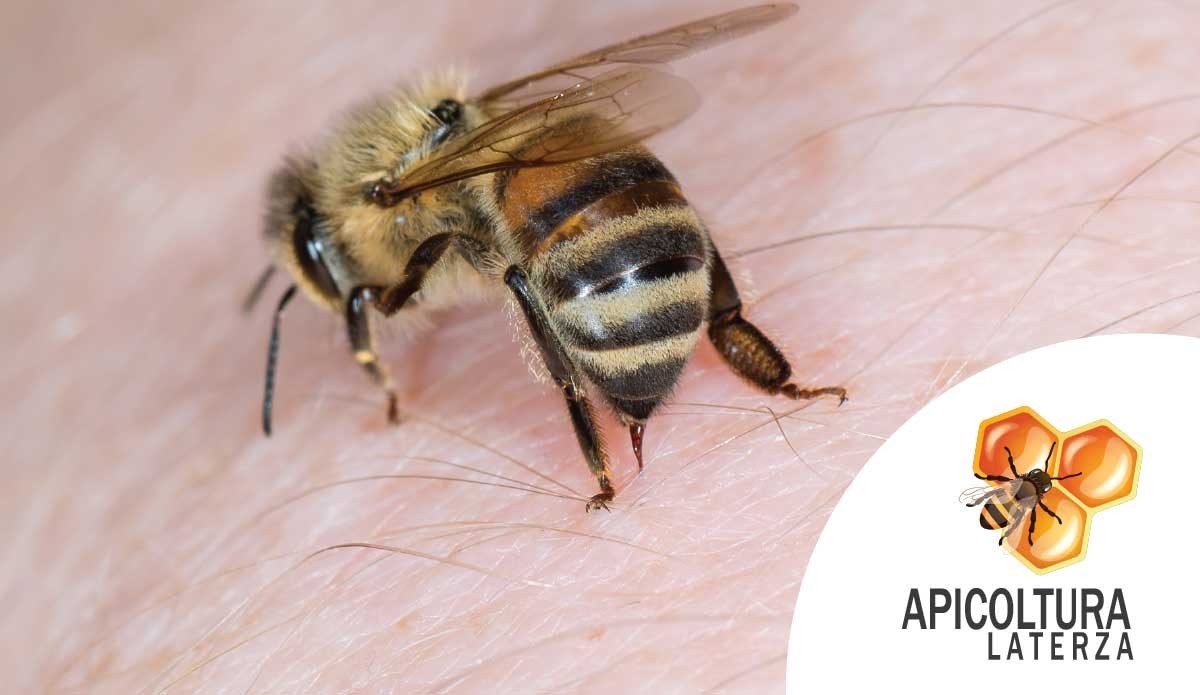The best queen bees

Which are the best or the most recommended queen bees to raise? The beekeeper's secrets on how to raise families of bees and make them prosperous. Which bees tend to swarm the most? Useful tips on how to raise bee families
What are the best queen bees to keep?
Raising queen bees is an important task for today's beekeepers. Selecting the right queen bees can make all the difference in having a strong and prosperous bee family.
The best queen bees to keep are those with the most docile dispositions, who tend to be easy to handle and don't swarm easily. An excellent choice would be the Carnic bee, which is known for its docility and resistance to atmospheric and entomological adversities.
Ligustica bees and Buckfast bees are much appreciated in Italy. Buckfasts are another good option for beekeeper beginners, as they also have a degree of tolerance to winter cold. They are very productive and efficient in making honey.
Also, depending on the climate in which they grow, they may be more likely to fertilize the queen's eggs.
Finally, and in great demand, the Ligustica bee tends to be quite docile; the only precaution is to pay attention to maintaining the optimal body temperature of the hive during the summer months since the thermal suffering can lead it to swarm more easily than other varieties of bees.
The beekeeper's secrets for raising prosperous families of bees
Beekeeping is not only a way to obtain fine honey, but also an art form. A good beekeeper must know the secrets of taking care of queen bees and know how to raise some that are more productive than other specimens.
To have healthy and prosperous bee families, it is necessary to provide the bees with the right housing conditions, feed them adequately and carefully monitor the health of their swarm.
Queen bees need to be well cared for so that they can maintain fertility throughout their lives. They must also be well nourished and have fresh food available during all seasons. Furthermore, it is important to ensure that the number of individuals within the swarm does not become too large as it can directly affect the health of the colony itself. By following these simple tips, a beekeeper will be able to create bee families that produce truly excellent honey! and not only...
We at Apicoltura Laterza, professional beekeepers for 30 years, give all our customers a PDF guide and illustrative videos free with the first purchase where we reveal some of our secrets relating to this splendid sector.
Which bees tend to swarm the most?
The bees that tend to swarm more are those with younger queens. Bee families with a queen between the ages of 3 and 5 have a significantly higher propensity than families with an older queen. Also, bees that belong to docile breeds tend to be less likely to swarm. When looking for bees that produce large quantities of honey, it is preferable to choose varieties from local bees, resistant to diseases and capable of producing large monthly harvests. Likewise, it is possible to breed a certain species or variety more easily if the breeder is familiar with the specific species to be bred.
Useful advice on how to raise families of bees
Raising bee families is a difficult but highly rewarding practice. Choosing the right queen is crucial to the health and fecundity of the hive. Queen bees are genetically predisposed to certain traits such as resistance to external agents, the social or productive qualities of their workers.
It is advisable to choose a local stock that is well suited to local climatic conditions. Also, a good hive will require two to three queens of different ages to ensure that resources are divided evenly among the various social groups and that there is generational continuity in the production of honey and pollen.
Another important consideration is that queen bees may be subject to infectious diseases, we know the varroa parasite well, so it is recommended to carry out periodic checks inside your hive to monitor their health. In conclusion, raising bee families can be extremely rewarding when done with attention and care, but it requires professional knowledge and practical experience to ensure lasting success over time.
How to choose the right queen for your hive
Choosing the right queen for your hive is a big decision that shouldn't be taken lightly. Choosing the right queen can mean the difference between a productive hive and one that doesn't produce enough honey or swarms.
To do this, you need to know the various genetic lines on the market, so you can make the best possible decision for your needs. In general, it is recommended to choose queen bees from hives that have been shown to have a good temperament, consistent honey production, and strong resistance to disease and predatory insects.
You should also consider the climate of your specific place and your experience as a beekeeper when making your choice. Finally, always check the certifications to make sure you are getting reliable quality products from professionally recognized breeders.






